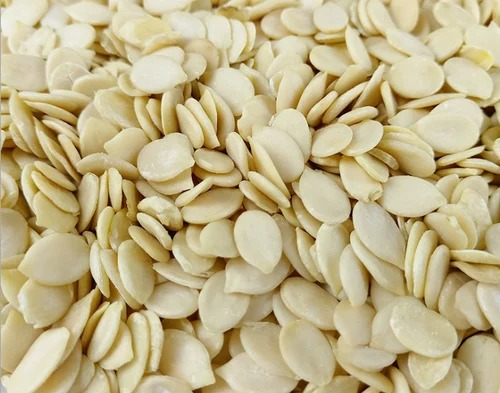Quinoa (pronounced keen-wah) is a pseudo-cereal that is often referred to as a grain due to its grain-like appearance and culinary uses. It is a nutritious seed that has gained popularity for its health benefits and versatility in the kitchen. Here’s an overview of quinoa seeds and their nutritional profile:
Nutrient Content:
Protein: Quinoa is a complete protein source, meaning it contains all nine essential amino acids that the body cannot produce on its own.
Fiber: It is rich in dietary fiber, which supports digestive health and helps regulate blood sugar levels.
Healthy Fats: Quinoa contains heart-healthy fats, including omega-3 fatty acids.
Vitamins: It provides various vitamins, including B-vitamins (B1, B2, B3, B6), vitamin E, and folate.
Minerals: Quinoa is a good source of minerals such as magnesium, manganese, phosphorus, copper, and iron.
Antioxidants: Quinoa contains antioxidants, including quercetin and kaempferol, which may help combat oxidative stress.
Potential Health Benefits:
Complete Protein Source: Ideal for vegetarians and vegans, as it contains all essential amino acids necessary for protein synthesis.
Digestive Health: The fiber content supports a healthy digestive system and can aid in preventing constipation.
Heart Health: Rich in magnesium, quinoa may contribute to heart health by supporting blood vessel function and regulating blood pressure.
Gluten-Free: Suitable for individuals with gluten sensitivity or those following a gluten-free diet.
Blood Sugar Control: The combination of protein and fiber may help regulate blood sugar levels.
Weight Management: The high protein and fiber content can contribute to a feeling of fullness, supporting weight management.










Reviews
There are no reviews yet.